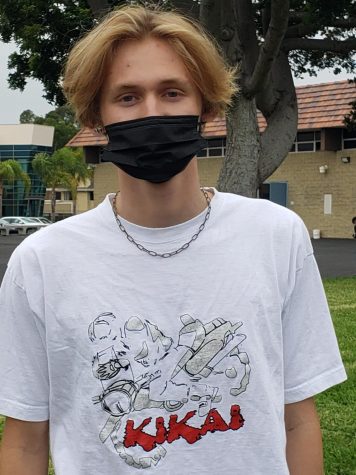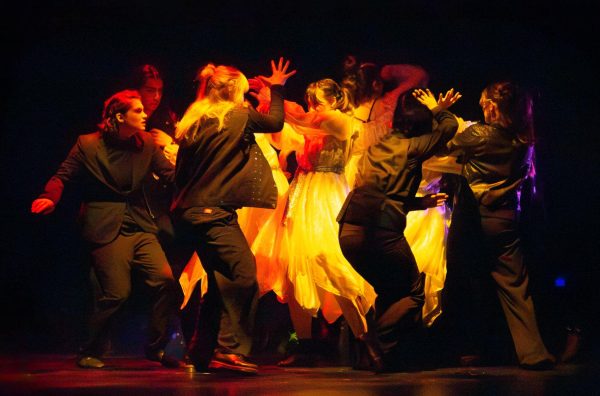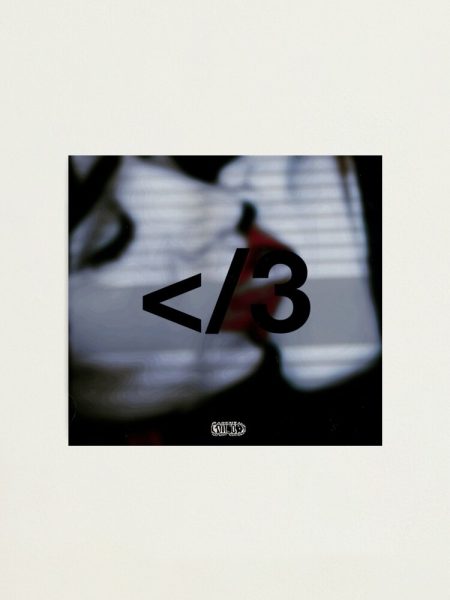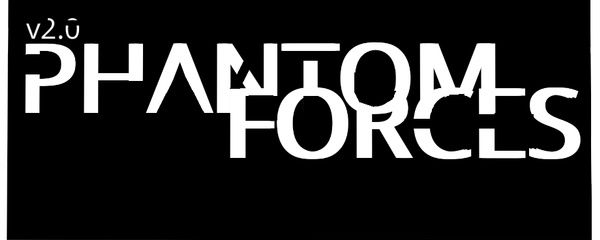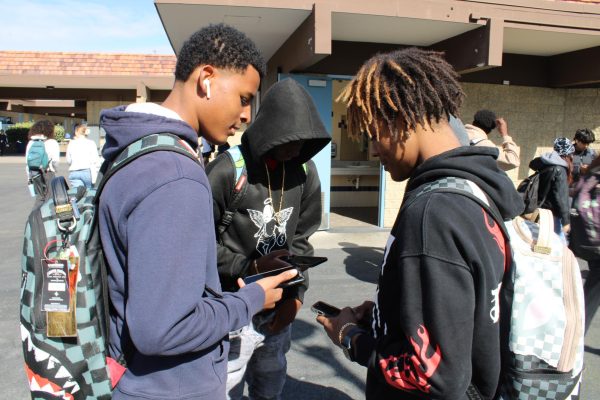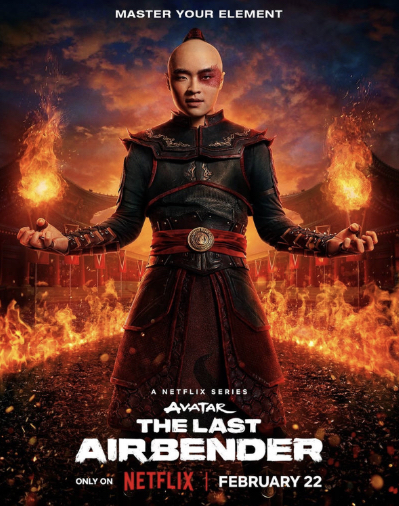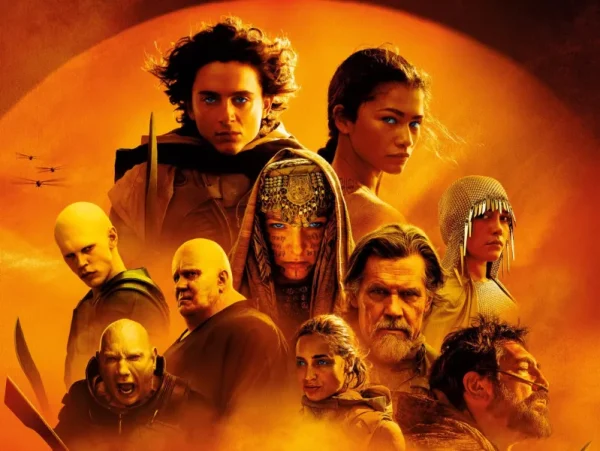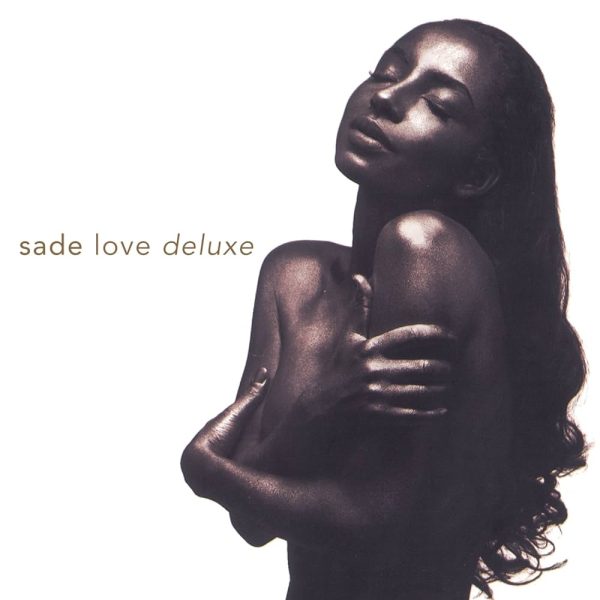13 Reasons Why: a Season 3 Review

The Netflix Original series 13 Reasons Why is based on the 2007 novel “Thirteen Reasons Why” by Jay Asher (IMDb)
September 11, 2019

The critically acclaimed drama series and Golden Globe nominee, 13 Reasons Why, has recently released its third season, and is already receiving plenty of criticism from both fans and critics, specifically lead actress Grace Saif who portrays Ani Achola. She has deleted her social media accounts following the release of Season 3, in response to the rampant hate from viewers.
13 Reasons Why is a Netflix Original dramatic series that follows the life and eventual suicide of protagonist Hannah Baker (Katherine Langford) in her journey through high school. The show is often condemned for the glorification of suicide and misrepresentation of the impact of teen suicide. The controversial themes of 13 Reasons Why initially sparked the popularity of the show. However, as the show has progressed, the audience has become less and less engaged. As a result, the show’s latest season only received a 6% on Rotten Tomatoes. Contrary to the initial criticism, the main point of contention for the viewers was predicated upon the show’s slow pace and apparent “boring” re-imagined plot.
The directors have seemingly put the popularity and potential success of the show in a lose-lose scenario, as they faced major backlash from fans and critics after the release of the first season. This backlash revolved around the morally corrupt and culturally inaccurate themes that directors relied on to garner reactions and harvest emotion from fans. Simultaneously, the show’s contingency on inappropriate subject matter was the sole reason for the show’s success, as the popularity and ratings dropped significantly when the show strayed away from these taboo concepts, proving that the directors had no way to avoid these themes and make money, which in my opinion, is completely warranted.
The show’s inability to gain success is a proper consequence for its exploitation of vulnerable concepts and indoctrination of their mostly-teen demographic. The mere fact that writers and producers were profiting off of the misrepresentation of teen suicide proves that the 13 Reasons Why team lacks any type of moral guidance and is simply a money-hungry corporation looking to gain profit in any way possible, no matter the detriment the content may have on viewers.
Personally, I think Season 3 has highlighted a disconnect between the writers and the viewers. For instance, high school, and the lives of high school students have been grossly mischaracterized in order to provoke a more thrilling experience, and as a result, I connected to none of the characters because none of them were relatable, meaning the character development and “climax” at the end of the season meant absolutely nothing to me.
I wouldn’t recommend 13 Reasons Why at all. In my opinion, a slow-paced story line and unrelatable characters made it very difficult to follow and connect with.


